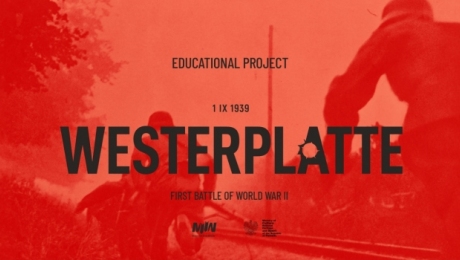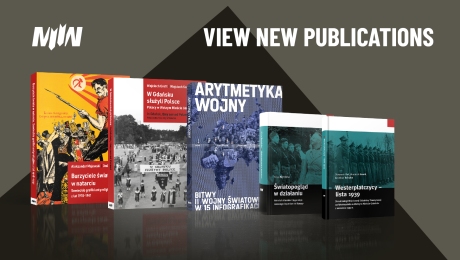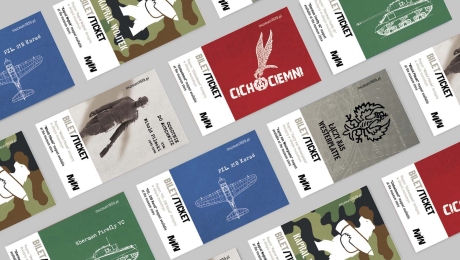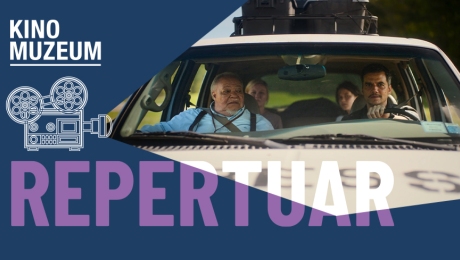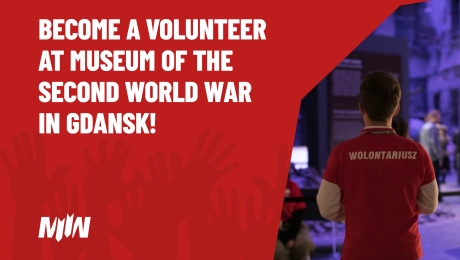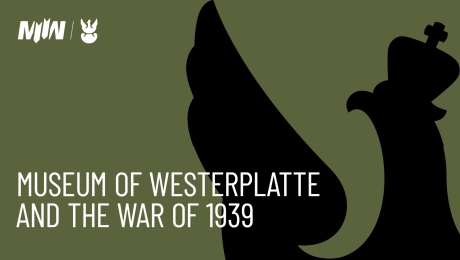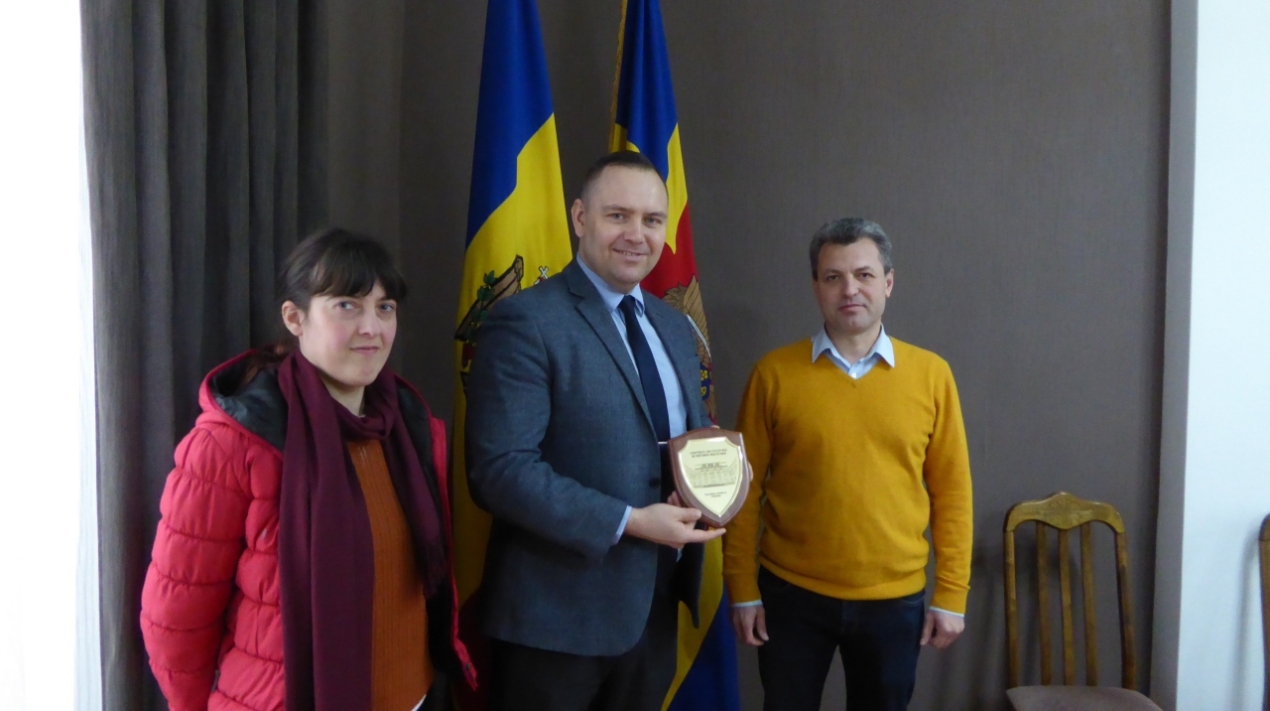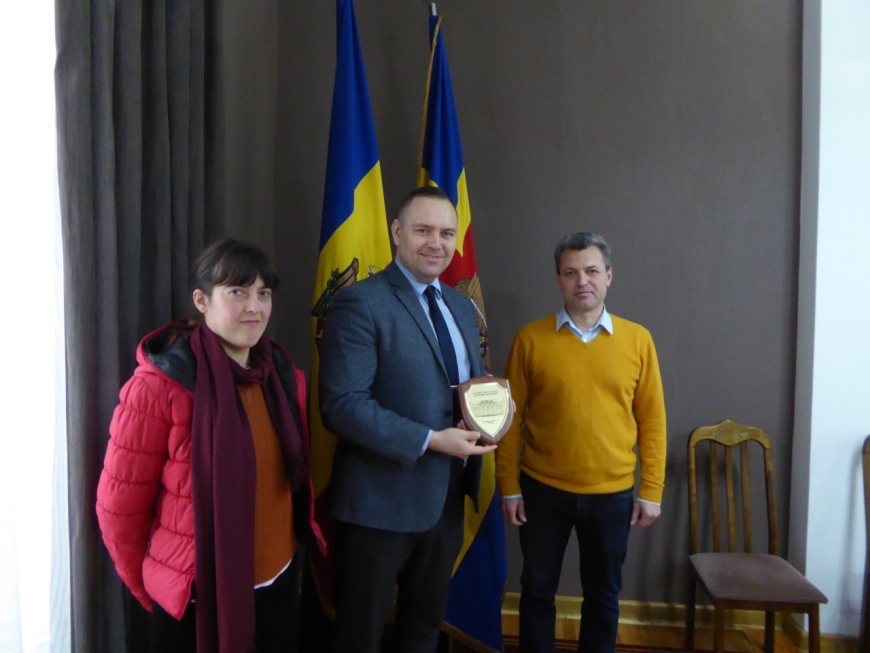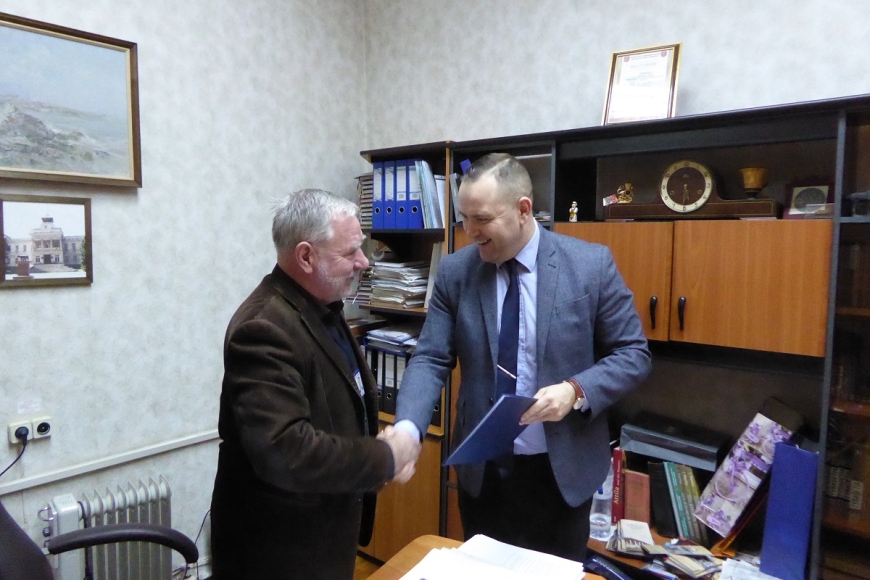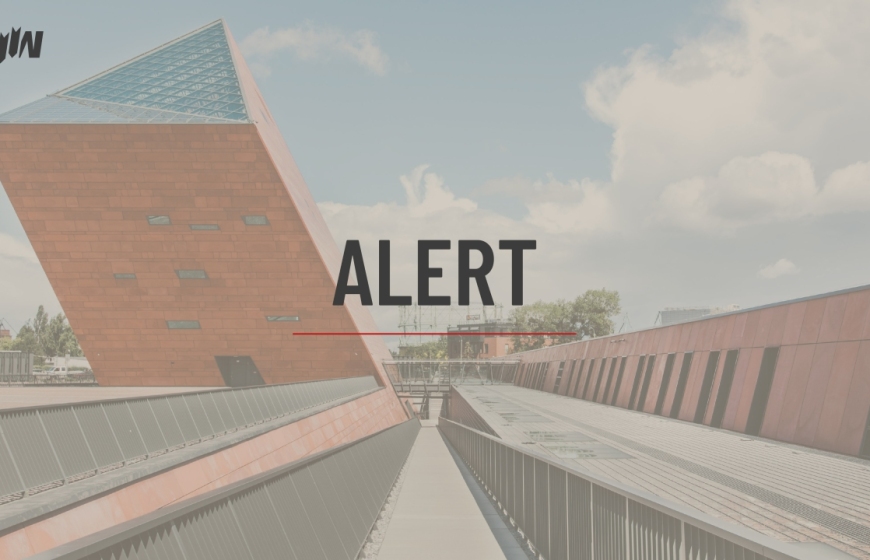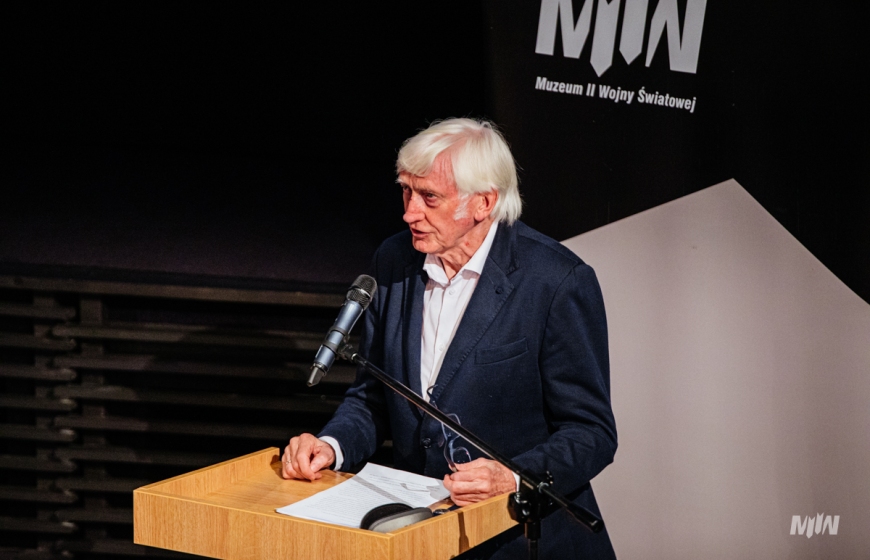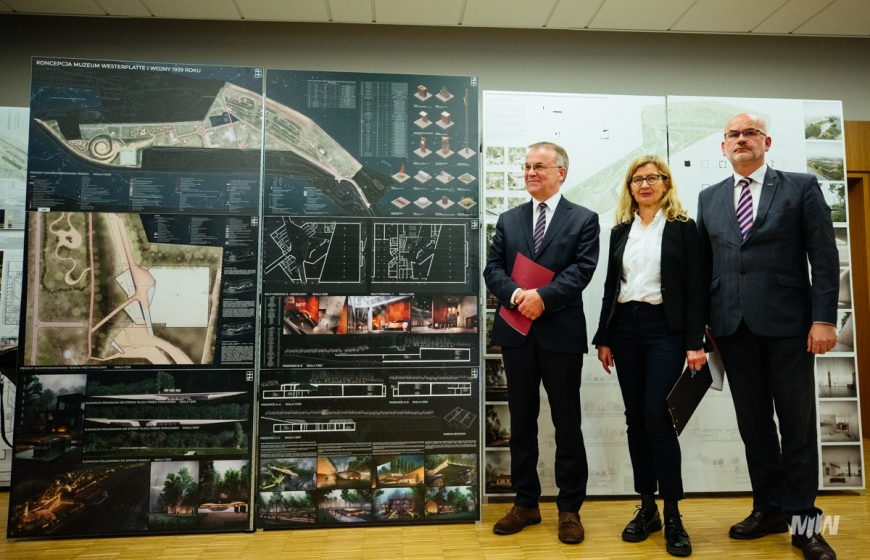Museum Director, Dr Karol Nawrocki visiting Moldovan Museums
On 12 March of this year, the Director of the Museum of the Second World War in Gdańsk met with Eugen Sava, PhD hab., Director of the National Museum of History of Moldova and with Alexandru Chirilenco, Director of the Military Museum of Moldova.
The first order of business was a visit to the National Museum of History of Moldova and meeting with Eugen Sava, the Museum’s Director. The purpose of the meeting was to initiate cooperation between the two institutions. The topic of conversation was the current operations of both Museums, particularly in the fields of exhibitions, education, science and research. During the meeting, Dr Karol Nawrocki presented the Director of the National Museum of History of Moldova with an invitation to an international science conference which will be held in August at the Museum of the Second World War in Gdańsk, with the participation of representatives of the most important historical museums.
Next, the Museum’s manager acted as a guide for the guests around the main exhibit of the National Museum of History of Moldova, one of the most important Moldovan cultural institutions, located in Kishinev.
The collection of the Moldovan Museum includes 350 thousand items considered historical treasures of Moldova - beginning from prehistory, through antiquity, and up to modern times. Currently, the collection is divided into five branches: archaeological, weapons and arms, historical, numismatic, and photography. The National Museum of History of Moldova was founded in 1938 and is located in a two-storey residence. It consists of 12 exhibition halls of a total area of 5700 square metres. The organised temporary exhibitions supplement the main exhibition of the Museum and showcase the vastness of its historical property.
Over the 36 years of its existence, the Museum has organised hundreds of temporary exhibits based on its own collection, as well as in cooperation with institutions of culture and learning.
Another point on the agenda was a visit by Dr Karol Nawrocki at the Moldovan Military Museum and a meeting with Alexandru Chirilenco, the Museum’s Director. The meeting was also participated in by Vitalie Ciobanu, Director of the Museum of History, Military and Culture. The Moldova Military Museum is an institution that collects, scientifically elaborates on and exhibits military and historical collections from periods that include World War II and Soviet Occupation.
The principal topic of conversation was the main exhibit of the Moldova Military Museum and the process of obtaining exhibits. The Museum has a rich collection of Soviet equipment and military vehicles, presented in the open air. The participants exchanged museum publications. Dr Karol Nawrocki invited the Military Museum Director to participate in an international conference organised in August at the Museum, being a part of the official, Polish commemoration of the outbreak of World War II.






